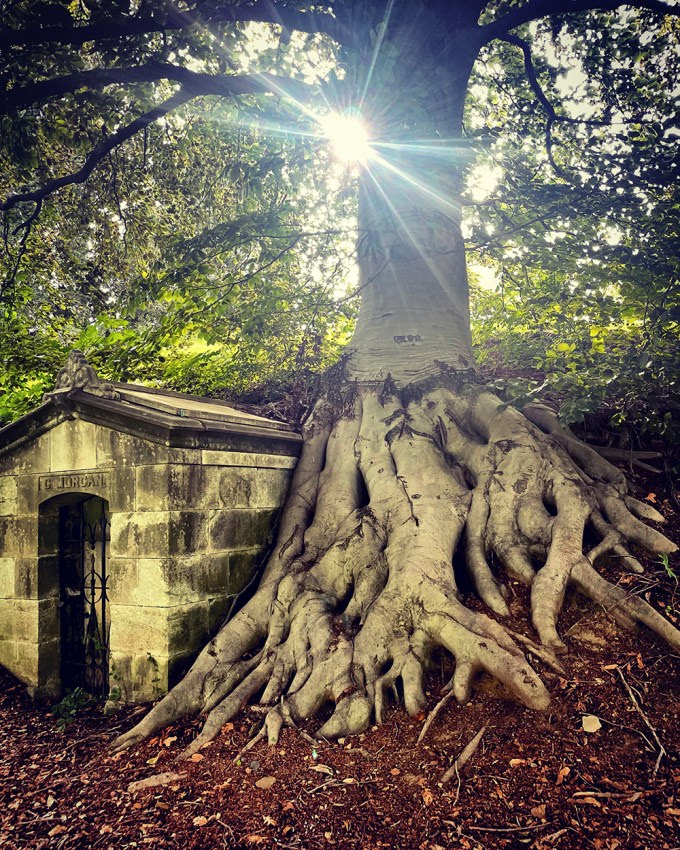Richard Dawkins on the Luckiness of Death
INSPIRATIONAL, 9 Aug 2021
Maria Popova | Brain Pickings – TRANSCEND Media Service
“The potential people who could have been here in my place but who will in fact never see the light of day outnumber the sand grains of Arabia.”
We are born into the certitude of our eventual death. Every once in a while, something — perhaps an encounter with a robin’s egg, perhaps a poem — staggers us with the awful, awe-filled wonder of aliveness, the sheer luck of it against the overwhelming cosmic odds of nonexistence. But alloyed with the awe is always the half-conscious grief that one day the light of consciousness will be extinguished. It is a heavy gift to hold, this doomed delirium of aliveness. It is also a buoyant gladness, if we are limber enough to stretch into the cosmic perspective that does not come naturally to us small, Earth-bound bipeds corticed with tender self-importance.
Consider this.
For each of us, one thing is true: Had any one variable been ever so subtly different — had your parents mated on a different day or at a different altitude, had the early universe cooled a fraction of a second faster after the Big Bang, you would not exist as the particular constellation of atoms configuring the particular consciousness that makes you you. Because chance plays such dice with the universe, and because the die dictates that the vast majority of energy and matter never had the luck of cohering into this doomed delirium of aliveness, it is, in some profound and practical sense, a staggering privilege to die — one that betokens the privilege of having lived. To lament death, then, is to lament our luck, for any negation of the possibility of death is a negation of the improbable miracle of life, a wish for there to be nothing to do the dying — nothing to have partaken of the beautiful, bittersweet temporality of aliveness.
It is easier to bend the intuitive mind into this correct but counterintuitive perspective while walking in a cemetery at the height of summer. Doing this very thing while thinking these very thoughts, I was reminded of a passage from one of the most lucid and lens-clearing books written this side of Darwin — Unweaving the Rainbow: Science, Delusion and the Appetite for Wonder (public library) by the visionary and often controversial (which is the social fate of every visionary) British evolutionary biologist Richard Dawkins.
A civilization after Marcus Aurelius celebrated mortality as the key to living fully, half a millennium after Montaigne observed that “to lament that we shall not be alive a hundred years hence, is the same folly as to be sorry we were not alive a hundred years ago,” and a scientific epoch after Darwin contemplated the meaning of mortality in the wake of his beloved daughter’s death, Dawkins writes:
We are going to die, and that makes us the lucky ones. Most people are never going to die because they are never going to be born. The potential people who could have been here in my place but who will in fact never see the light of day outnumber the sand grains of Arabia. Certainly those unborn ghosts include greater poets than Keats, scientists greater than Newton. We know this because the set of possible people allowed by our DNA so massively exceeds the set of actual people. In the teeth of these stupefying odds it is you and I, in our ordinariness, that are here. We privileged few, who won the lottery of birth against all odds, how dare we whine at our inevitable return to that prior state from which the vast majority have never stirred?
Complement with astronomer and poet Rebecca Elson’s exquisite “Antidotes to Fear of Death,” Nick Cave on grief as a portal to aliveness, and Christopher Hitchens on how to live with our mortality, then revisit the science of how alive you really are, examined through the curious lens of trees and Alan Turing.
_______________________________________
 Brain Pickings is the brain child of Maria Popova, an interestingness hunter-gatherer and curious mind at large obsessed with combinatorial creativity who also writes for Wired UK and The Atlantic, among others, and is an MIT Futures of Entertainment Fellow. She has gotten occasional help from a handful of guest contributors. Email: brainpicker@brainpickings.org
Brain Pickings is the brain child of Maria Popova, an interestingness hunter-gatherer and curious mind at large obsessed with combinatorial creativity who also writes for Wired UK and The Atlantic, among others, and is an MIT Futures of Entertainment Fellow. She has gotten occasional help from a handful of guest contributors. Email: brainpicker@brainpickings.org
Go to Original – brainpickings.org
Tags: Death, Inspirational
DISCLAIMER: The statements, views and opinions expressed in pieces republished here are solely those of the authors and do not necessarily represent those of TMS. In accordance with title 17 U.S.C. section 107, this material is distributed without profit to those who have expressed a prior interest in receiving the included information for research and educational purposes. TMS has no affiliation whatsoever with the originator of this article nor is TMS endorsed or sponsored by the originator. “GO TO ORIGINAL” links are provided as a convenience to our readers and allow for verification of authenticity. However, as originating pages are often updated by their originating host sites, the versions posted may not match the versions our readers view when clicking the “GO TO ORIGINAL” links. This site contains copyrighted material the use of which has not always been specifically authorized by the copyright owner. We are making such material available in our efforts to advance understanding of environmental, political, human rights, economic, democracy, scientific, and social justice issues, etc. We believe this constitutes a ‘fair use’ of any such copyrighted material as provided for in section 107 of the US Copyright Law. In accordance with Title 17 U.S.C. Section 107, the material on this site is distributed without profit to those who have expressed a prior interest in receiving the included information for research and educational purposes. For more information go to: http://www.law.cornell.edu/uscode/17/107.shtml. If you wish to use copyrighted material from this site for purposes of your own that go beyond ‘fair use’, you must obtain permission from the copyright owner.
